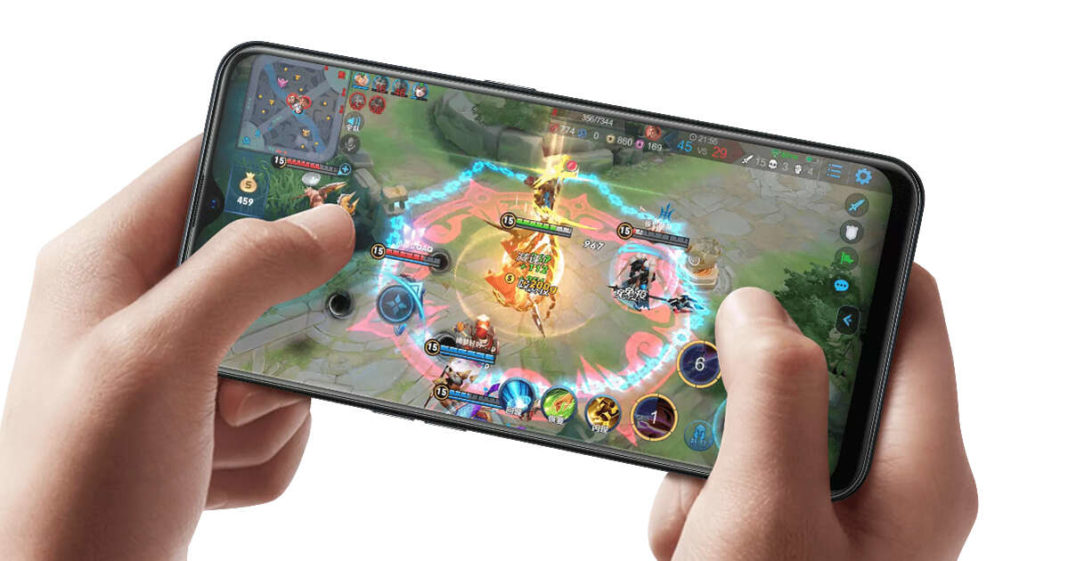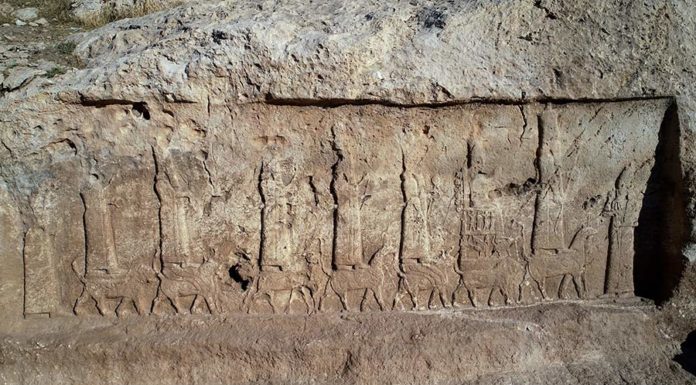Games running on the Oppo smartphones with the anti addiction system will have users input a real name authentication.
Chinese smartphone manufacturer Oppo has released its new anti gaming addiction system. This will limit or strictly controls the expenditure of minors or unregistered users. Now, games running on the Oppo smartphones with the anti addiction system will have users input a real name authentication. This will be mandatory, according to a report by news portal GizmoChina.
This system will automatically restrict children under 8 from spending more than 50 Yuan in a single transaction. And not more than 200 Yuan per month. Additionally, users over the age of 16 but under 18, can not make a single transaction crossing 100 Yuan or 400 Yuan in a month. Meanwhile, Tencent Games has also announced that it will be running several game trials. This will be to promote its anti addiction gaming policies starting from this month. Even the Chinese Government is straining the game studios, making it harder for new game titles from being launched in the country.
Governments of multiple countries have tried to take measures against the surge of multiplayer gaming among children. This list includes India, China, UAE, Iran, Nepal and others. Many parents are of the opinion that online games should be restricted for the welfare of children.
Professor S Narayan spoke about high interest in youths about video games like PUBG and commented, “The parents must pay attention to the changes in the behavior of their wards.” He however reasoned that the rise of this addiction is attributed to the busy schedule of parents and the lack of interest towards extracurricular activities.
But, to lay to rest any concerns that parents might have, studies have found that video games don’t have any effect on people’s tendencies towards violence. There have been numerous studies that have come to this conclusion, and the most recent one took place in the Oxford University where the researchers claimed that their findings were opposed to the popular belief.













![Hotstar Premium Cookies 2019 [*100% Working & Daily Updated*] Hotstar Premium Cookies 2019 [*100% Working & Daily Updated*]](https://tahav.com/wp-content/uploads/2019/11/Hotstar-Premium-Cookies-Free-100x70.jpg)



